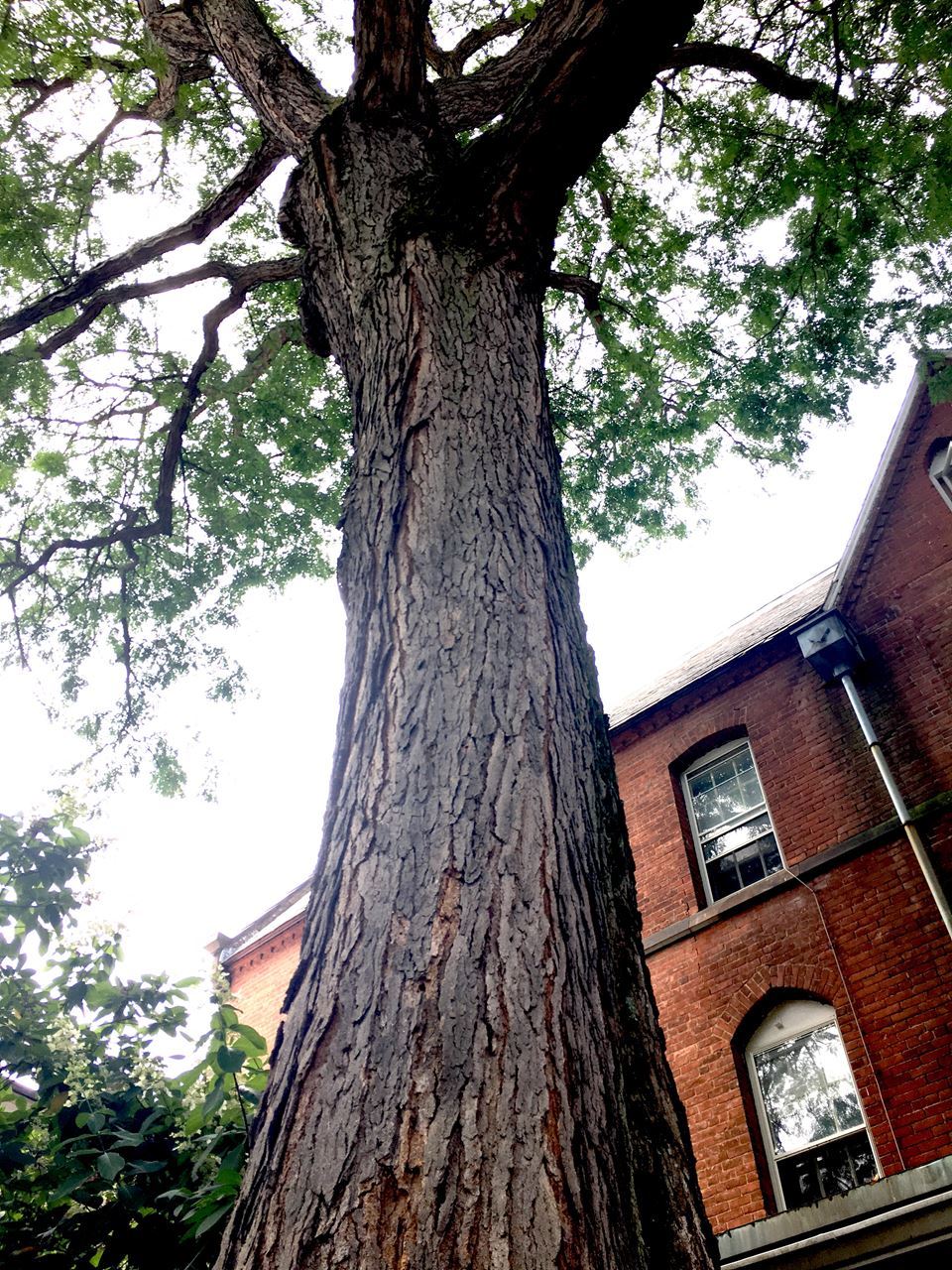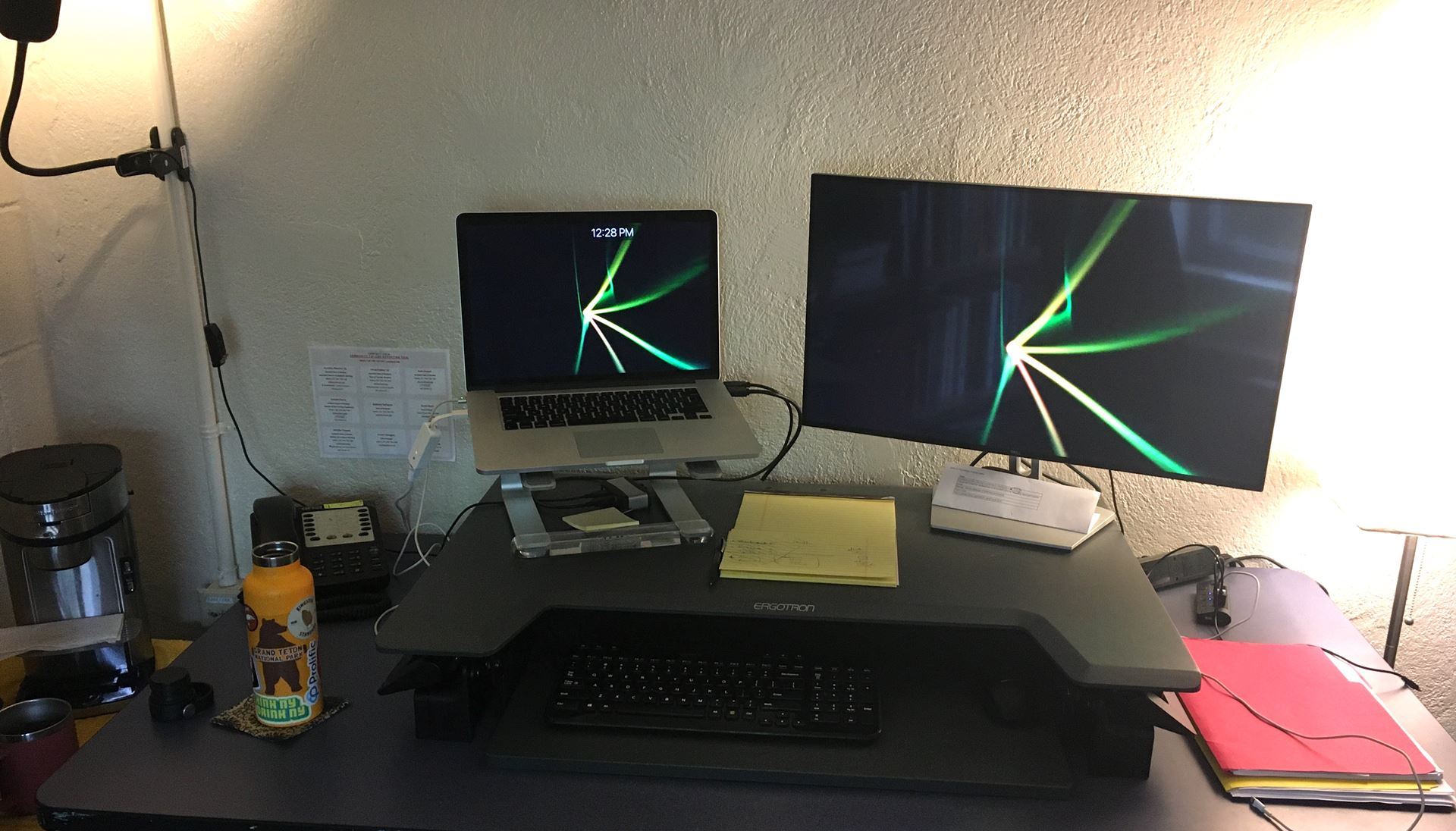 School name: Bard College
School name: Bard College
Type of school: Residential liberal arts college
School locale (including state and country): Annandale-on-Hudson, NY, USA
How many years have you taught psychology? 6-7 years
Classes you teach: Introduction to Psychological Science, Statistics for Psychology, Social Neuroscience, The Science of Goal Pursuit
Specialization (if applicable): e.g. clinical, cognitive, teaching, etc. Social/cognitive neuroscience
 Average class size: ~15-20
Average class size: ~15-20
What’s the best advice about teaching you’ve ever received? Something to the effect of “Learn to recognize the point at which any additional effort you put into course prep leads to diminishing returns.” Put another way: be content with “good enough.” You can always revisit and tweak later!
What book or article has shaped your work as a psychology teacher? The Spark of Learning by Sarah Rose Cavanagh
Briefly tell us about your favorite lecture topic or course to teach. Recently, I have enjoyed teaching on the topic of ego depletion and several replications that have found weak depletion effects (at best). The idea of limited and depletable willpower not only resonates with students personally, but it
Briefly describe a favorite assignment or in-class activity. In my science of goal pursuit seminar, students complete a group assignment comprised of a public service announcement (in audio or video form) in which they present an effective, evidence-based self-regulatory strategy (or strategies) to change their habits and behaviors to promote goal pursuit. They also create a mock social media post or story to adapt the PSA so it’s conducive to sharing with a broader audience.
What teaching and learning techniques work best for you? Encouraging peer-to-peer learning via structured group work has worked well for me. With a little bit of nudging and guidance on my part, students often will come to enjoy and own a group project, especially for topics that are more open-ended (e.g., describe the evidence (or lack thereof) of this psychological phenomenon or behavior, or, how does the brain represent the self?).
 What’s your workspace like? On my desk I have my laptop hooked up to a widescreen secondary monitor. Both sit on a table-top standing desk converter, which I often forget to use to minimize my sitting time! I have a single-cup drip coffee maker within arm’s reach of where I sit. A few feet away is a small and inviting round table with two chairs where I have meetings (in safer times) with colleagues and students. There’s usually ample light that streams in from windows behind me, and I often hear the chatter of squirrels as they scurry up and down a large oak outside my office.
What’s your workspace like? On my desk I have my laptop hooked up to a widescreen secondary monitor. Both sit on a table-top standing desk converter, which I often forget to use to minimize my sitting time! I have a single-cup drip coffee maker within arm’s reach of where I sit. A few feet away is a small and inviting round table with two chairs where I have meetings (in safer times) with colleagues and students. There’s usually ample light that streams in from windows behind me, and I often hear the chatter of squirrels as they scurry up and down a large oak outside my office.
Three words that best describe your teaching style. On my better days, I hope that my teaching style can be described as: inviting, compassionate, and empowering.
What is your teaching philosophy in 8 words or fewer? Awaken and empower the learner within every student.
Tell us about a teaching disaster (or embarrassment) you’ve had and how you dealt with the situation. It wasn’t quite a disaster, but for one activity students had to install a free statistical software package on their laptops and each student had a different error during installation, so a lot of class time was eaten by troubleshooting.
What about teaching do you find most enjoyable? What I find most rewarding is the privilege of witnessing students’ first exposure and reactions to fundamental psychological and statistical concepts.
What is something your students would be surprised to learn about you? Some students may be surprised to learn that spirituality (namely, the Christian faith) is a major lens by which I view and interpret the world, and that I do not see science and religion as incompatible.
What are you currently reading for pleasure? I do not have much time for leisure reading at the moment, but earlier this summer I was fascinated by the historical context and key players in the United States’ pandemic preparedness plans described in The Premonition by Michael Lewis.
What tech tool could you not live without? My trustworthy Logitech wireless presenter/remote!
What is your hallway chatter like? What do you talk to colleagues about most (whether or not it is related to teaching/school)? Hallway chatter is varied and ranges from “where can I find the best X type of food?” to “what explanations of a p-value have you used that make it less mystifying to students?”
Has your teaching changed because of the Covid19 pandemic? If so, how? (positive and/or negative changes) And as far as how my teaching has changed because of the pandemic, I would like my pedagogy to embody the phrase: “do less, well.” I would much rather my students have a deeper, more nuanced understanding of fewer concepts and ideas than a cursory, fleeting grasp of more concepts. This would simultaneously free them from the stress of trying to collect, remember, and reproduce the presented material and enable them to repeatedly engage their scientific reasoning and critical thinking skills.
